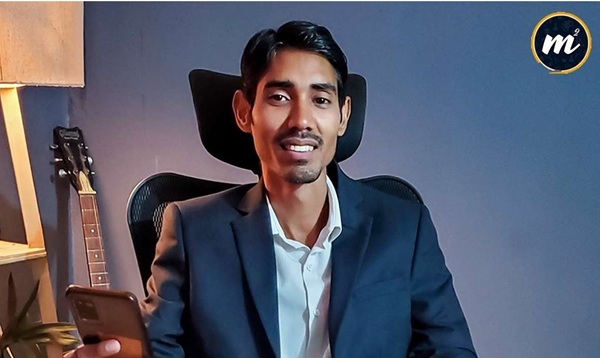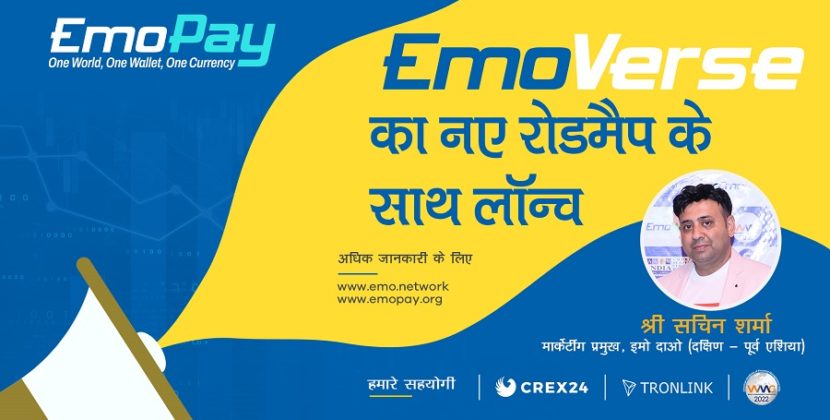Research & Awakening by: Srinivas V (Sri)
Foreword
Education has always been the foundation of civilization, and India’s ancient
Gurukul system was one of the world’s most advanced learning models. In an era dominated by
rote learning and standardized exams, the wisdom of Gurukuls offers a fresh perspective on
experiential and value-based education. This book explores the
holistic approach of the Gurukul system, how British colonial rule dismantled it, and what steps India must take to
modernize and revive it in today’s digital age.
Extensive data research for this book has been derived from ancient scriptures like the
Bhagavad Gita, along with historical texts and modern educational studies. References from the
Mahabharata, Upanishads, and Arthashastra have also been incorporated to provide deeper insights into traditional Indian knowledge systems.
February 19, 2025
Chapter 1: The Gurukul System – A Timeless Model of Learning
The
Gurukul system was a
student-centric, experiential, and practical learning model that nurtured intellectual, spiritual, and physical excellence. Unlike today’s classroom-based education, Gurukuls emphasized
Dharma (righteousness), Artha (economy), Kama (desires), and Moksha (liberation).
1.1 Core Features of Gurukul Learning
- Personalized Mentorship – Guru-Shishya (Teacher-Student) relationship
- Experiential Learning – Real-world skills, not just theoretical knowledge
- Value-Based Education – Ethics, discipline, and leadership
- Diverse Subjects – From philosophy to sciences and warfare
- Self-Sufficiency – Encouraging independence in thought and livelihood
- Holistic Development – Nurturing the mind, body, and soul through education
1.2 Subjects Taught in Gurukuls
1.2.1 The Four Vedas
- Rigveda – Hymns and praises of cosmic energies
- Samaveda – Knowledge of melodies and chants
- Yajurveda – Rituals and sacrificial practices
- Atharvaveda – Healing, medicine, and daily life applications
1.2.2 The Six Vedangas (Supporting Disciplines)
- Shiksha – Phonetics and pronunciation
- Kalpa – Rituals and sacrificial procedures
- Vyakarana – Sanskrit grammar
- Nirukta – Etymology and meaning of words
- Chhanda – Study of poetic meters
- Jyotisha – Astronomy and astrology
1.2.3 Applied Sciences & Arts
- Ayurveda – Medical sciences and longevity
- Dhanurveda – Military science, archery, and strategy
- Gandharvaveda – Performing arts, including music and dance
- Arthashastra – Economics, political science, and governance
- Sthapatya Veda – Architecture and construction sciences
Chapter 2: The British Disruption of India’s Education System
In
1835, Lord Macaulay introduced an education system that replaced
Gurukuls with British missionary schools. His objective was to produce
clerks and subordinates, not
independent thinkers and leaders.
2.1 How the British Erased India’s Intellectual Legacy
- Destruction of 7,32,000+ Gurukuls (as per Dharampal’s research)
- Shift from Knowledge to Rote Learning
- Western-Centric Syllabus
- Marginalization of Sanskrit & Ancient Texts
- Replacement of Critical Thinking with Compliance-Based Education
2.2 Real-World Consequences
- India lost its entrepreneurial and technological edge
- Education became exam-oriented instead of innovation-driven
- Generations of Indians disconnected from their rich heritage
- Rise of a job-seeking mindset instead of knowledge-driven industries
Chapter 3: Why India Still Follows a Colonial Education Model
Despite
78 years of independence, India still follows
British-era laws and syllabi.
3.1 Why Hasn’t India Reformed Its Education?
- Western Influence in Policy-Making
- Focus on Jobs Instead of Knowledge
- Neglect of Indian Sciences and History
- Legal & Bureaucratic Resistance
- Lack of Political Willpower for Fundamental Change
3.2 Statistical Evidence of the Crisis
- UNESCO’s 2021 Report: 90% of Indian students lack critical thinking skills
- India ranks 132nd in Global Education Index
- Only 3 Indian universities in the top 200 (QS World Rankings 2023)
- Mass migration of Indian students to foreign institutions for higher education
Chapter 4: The Future – Blending Ancient and Modern Education
India needs a
hybrid model that combines
Gurukul wisdom with modern technology.
4.1 Steps to Revive the Gurukul System in Modern Context
- Integrate Experiential Learning – Focus on problem-solving instead of rote learning
- Reintroduce Sanskrit & Ancient Sciences in school curriculums
- Replace Western History with Indian Achievements
- Decolonize Laws and Governance – Update the Indian Penal Code (IPC 1860)
- Use AI & Digital Tools to preserve and teach Vedic knowledge
- Encourage Research-Based Education – Support original research in Indian sciences
- Promote Teacher Training in Gurukul Methodology – Modern educators must adopt ancient wisdom
4.2 Real-World Examples of Gurukul Revival
- MIT and NASA use Sanskrit for AI programming
- Japan & China prioritize their ancient knowledge systems
- Schools in India (e.g., Chinmaya Gurukuls) integrating Gurukul-style learning
- Technology-driven language learning apps reviving Sanskrit education
Conclusion: Time to Reclaim India’s Educational Heritage
For the Critics
While some may argue that the Gurukul system is an outdated relic of the past, it is essential to recognize that India’s education system has never fully recovered from the impact of colonial rule. Even after 78 years of independence, we continue to follow a structure that prioritizes compliance over creativity, job-seeking over entrepreneurship, and foreign validation over indigenous wisdom. The loss of a
self-sufficient, knowledge-driven education system has cost India generations of potential scientists, thinkers, and leaders who could have shaped the world with original ideas rooted in India’s vast intellectual traditions.
India must choose between
continuing colonial influence or
reviving its ancient wisdom. The
Gurukul system is not outdated; it is a
timeless model that can be adapted for the
AI and digital age. A
balanced approach combining tradition with innovation will ensure
India leads the global education transformation.
Call to Action
It’s time to
advocate for educational reform, push for
Gurukul-based curriculums, and
create a future where Indian students are leaders, not just job seekers.
What are your thoughts? Should India integrate Gurukul education into modern schools?
📢 Join the movement and be part of the
education revolution!

















